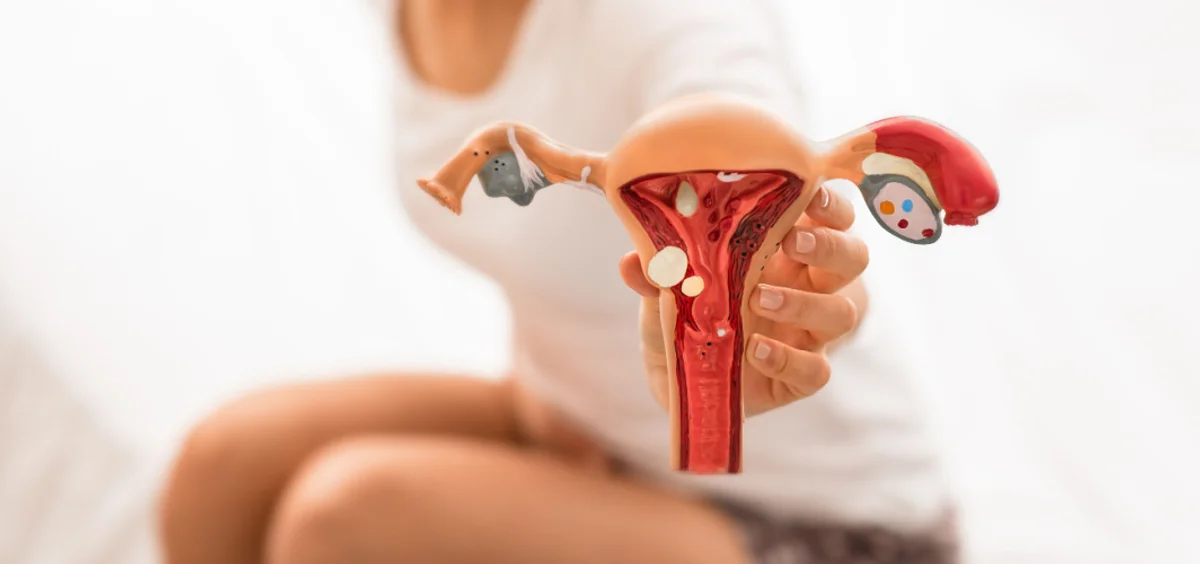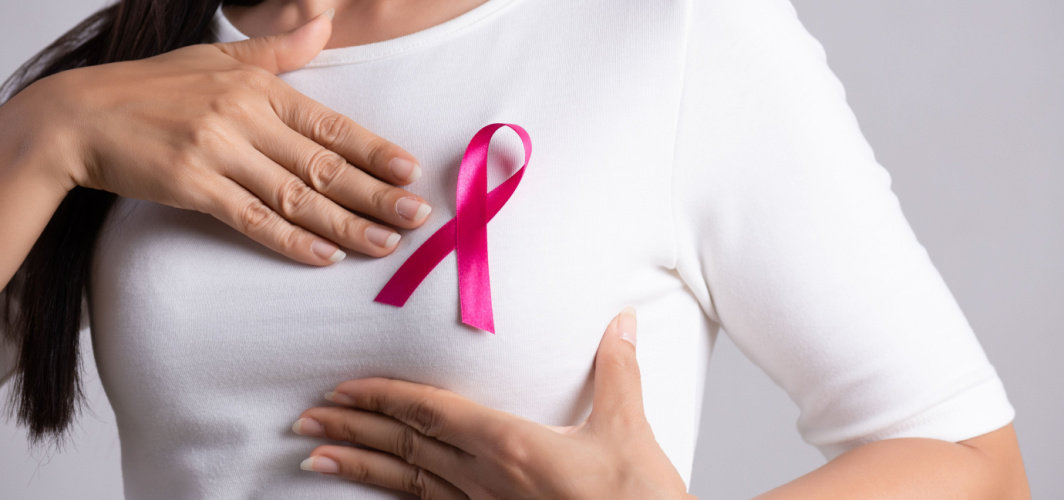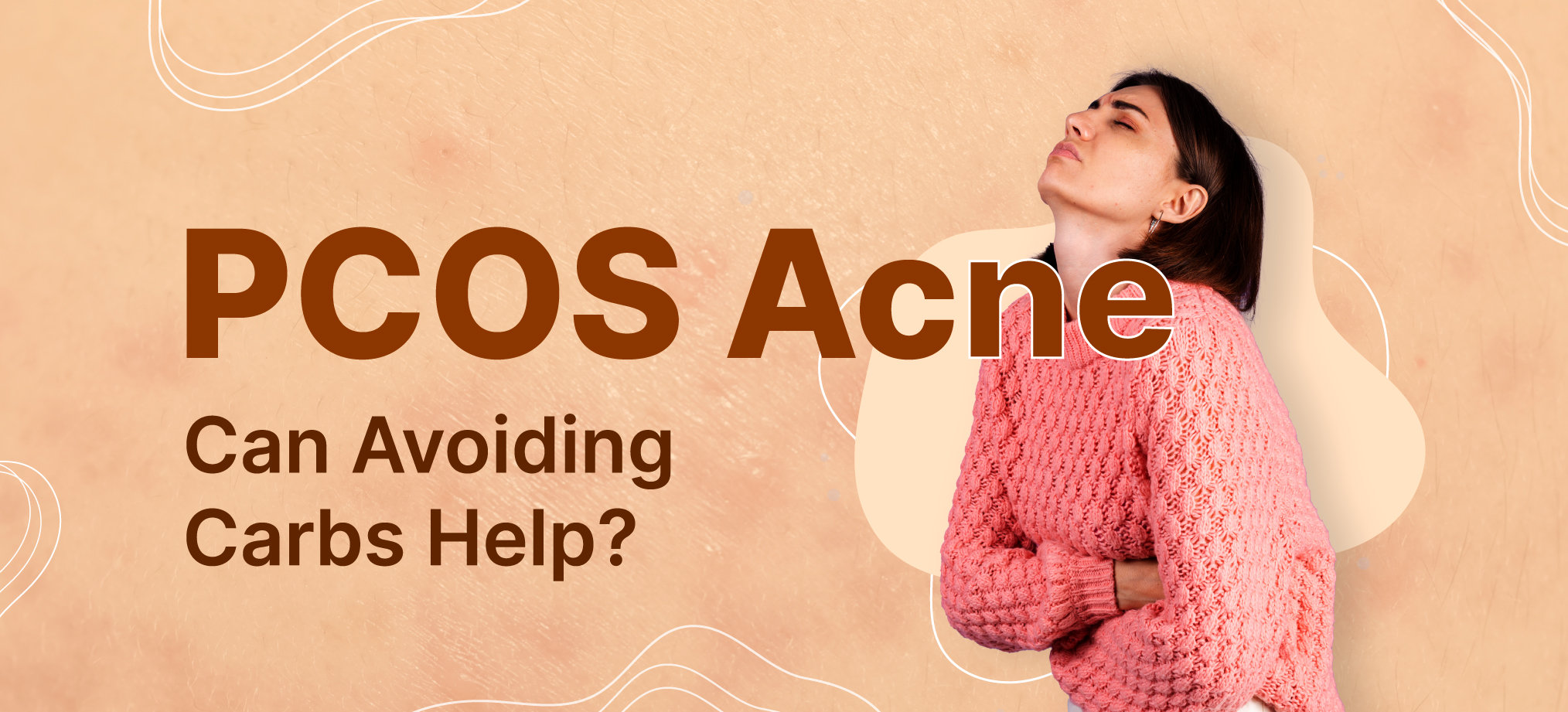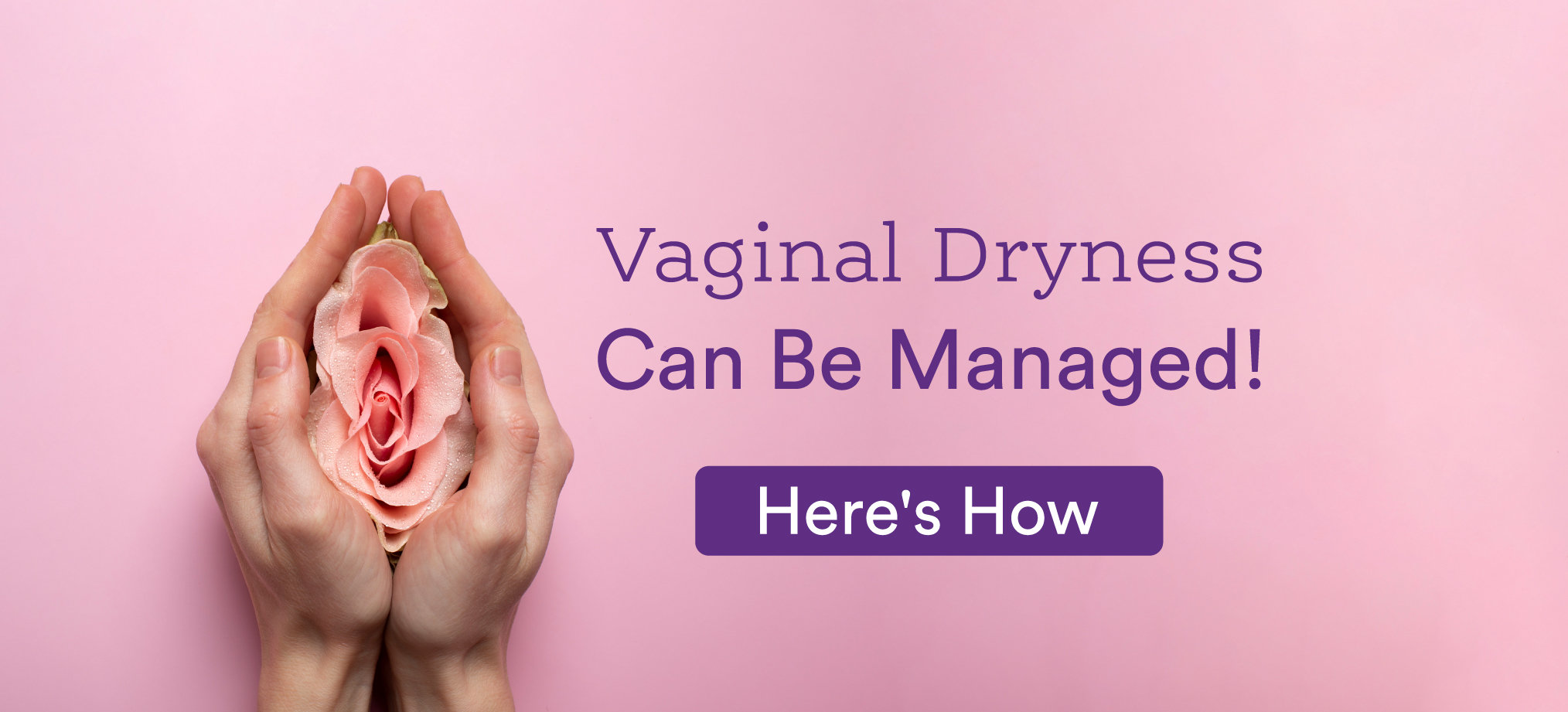- Home
- Blog
- Women Care
Endometriosis Diet: What To Eat And Avoid?
Women Care
Endometriosis Diet: What To Eat And Avoid?
By Apollo 24|7, Published on- 09 March 2023, Updated on -20 June 2023
Share this article
0
0 like

Endometriosis is a painful medical condition where the endometrium or tissue lining the uterus grows outside it. The tissue breaks and bleeds every menstrual cycle but fails to exit the body thereby causing health complications and pain. More than 25 million women in India suffer from endometriosis. This is perhaps why endometriosis is also considered one of the most occurring reproductive diseases in women. Endometriosis not only disrupts normal body functioning but can also seriously affect a woman's mental health.
Endometriosis cannot be tackled by medication alone. Food and diet play a significant role in alleviating symptoms of endometriosis. This blog focuses on foods that need to be eaten or avoided by women suffering from endometriosis.
Managing Endometriosis with Diet
Consuming a nutritious and balanced diet is the key. Foods recommended for endometriosis should have anti-inflammatory properties to alleviate the pain and symptoms.
Here's a complete diet on what foods to eat and foods to avoid as these can trigger symptoms.
Foods to Include in Your Diet
The best diet for endometriosis should include the following:
1. Fibre: Too much oestrogen can aggravate endometriosis symptoms like pain and discomfort. Fibre helps in removing excess oestrogen from your body. Include good amounts of green vegetables like peas, broccoli and turnips; fibrous fruits like raspberries, pear and apple; whole grains like wheat, barley and quinoa, and legumes like split peas, lentils and black beans in your endometriosis diet.
2. Fats: Omega-3 fats can fight inflammation, thereby easing endometriosis symptoms. Omega-3 fats can be found in fatty fish, nuts and seeds, plant oils, etc. and should be included in your diet. If you are a vegetarian, you can include walnuts, chia seeds and flax seeds in your diet.
3. Minerals: Magnesium helps in relaxing muscles and zinc helps in regulating the menstrual cycle. Dark chocolate, leafy greens, legumes, nuts and seeds are rich in magnesium. Poultry and shellfish are good sources of zinc.
Foods to Avoid in Endometriosis
It is best to avoid the below-mentioned items in an endometriosis diet as these can trigger symptoms.
1. Alcohol: Alcohol raises oestrogen levels in the body and can worsen endometriosis symptoms. Women suffering from endometriosis should restrict alcohol to one or two drinks per week that too after consultation with a doctor.
2. Caffeine: Usually one cup of coffee has around 100 milligrams of caffeine. Daily caffeine intake should be limited to 400 milligrams or less. There is some evidence that coffee increases inflammation and may increase the amount of oestrogen in the body.
3. Red meat: When on an endometriosis diet, it is best to avoid red meat as it can promote inflammation. Whenever possible, opt for fatty fish and lean poultry over red meat.
4. Processed foods: Packaged foods are known to contain trans-fats that are pro-inflammatory ingredients and low in nutrition. There is a study that showed that endometriosis was found more in women who consumed trans-fats, which are found in fried, processed foods and fast foods.
5. Sugary drinks: Sugar consumption should be reduced to less than 26 grams each day. It is best to avoid fruit juices, energy drinks and sodas as they are high in sugar, which can worsen inflammation.
6. Gluten: It is believed that gluten promotes hormonal imbalance and inflammation, which can worsen endometriosis symptoms. A study conducted on the effect of a gluten-free diet on endometriosis-related pain showed that 75% of women reported a decrease in pain after removing gluten from their diet.
Endometriosis, though not a life-threatening condition, can be extremely painful and can affect the quality of life. Even though there is no cure yet for endometriosis, maintaining a special diet can significantly relieve the symptoms. Once you know the foods to eat and avoid when suffering from endometriosis, you can take steps to ease the pain and reduce symptoms.
Consult Apollo's Expert Gynaecologists
FAQs
1. Is endometriosis a serious condition?
Although not life-threatening, endometriosis can inflict severe pain during menstrual periods, sexual intercourse, bowel movements and urination.
2. Can endometriosis be cured?
Presently there's no cure for endometriosis and the treatments aim at alleviating the symptoms.
3. At what age does endometriosis start?
Endometriosis affects women mostly in their reproductive age, between 25 to 35 years.
4. How can one prevent endometriosis?
As the cause of endometriosis is not known yet, there are no specific ways to prevent it.
5. Who is at risk for endometriosis?
Endometriosis is common in women in their 30s and 40s. You might be at risk if you have never had children, have heavier and longer periods (more than 7 days), have short menstrual cycles (less than 27 days) and have a family history of endometriosis.
Consult Apollo's Expert Gynaecologists
Medically reviewed by Dr Sonia Bhatt.
Services
Women Care
Leave Comment
Services
Recommended for you

Women Care
What Are The Early Symptoms Of Breast Cancer?
Breast cancer is a condition where cells in the breast grow uncontrollably, forming a tumour. Early symptoms include lumps, changes in breast size or shape, nipple changes, skin changes, and persistent breast or nipple pain. Seeking medical attention and regular screenings are crucial.

Women Care
7 Tips To Manage PCOS Acne
Acne caused by polycystic ovary syndrome (PCOS) is a common skin problem among women. Not to mention, keeping it under control is a major struggle. Explore useful tips on how to avoid breakouts in PCOS through this blog.

Women Care
Not Just Menopause, These Factors Can Also Cause Vaginal Dryness
While menopause is the most common cause of vaginal dryness, it is not the only one. This article explores the various causes of vaginal dryness, including menopause, medications, medical conditions, lifestyle, and psychological factors.
Subscribe
Sign up for our free Health Library Daily Newsletter
Get doctor-approved health tips, news, and more.


